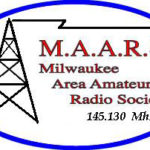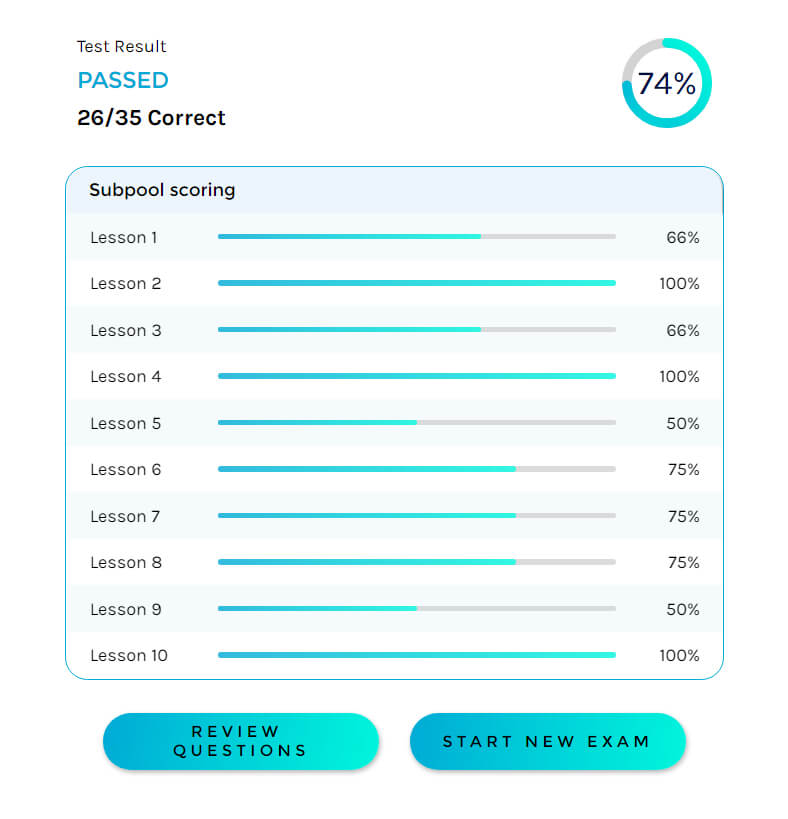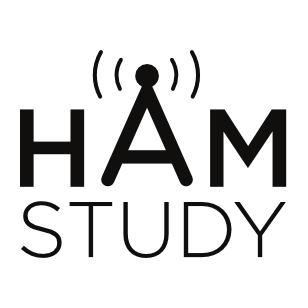I also think it'd be fun to bounce a signal off the ionosphere in such a manner that I can hear it when it comes back around on the other side. I think that'd be a pretty neat party trick.
I don't think that's quite possible. The earth is too small, meaning radio signals (traveling at the speed of light) would arrive back at your receiver too quickly to detect the "echo" of your own signal.
Moonbounce, however, is possible to hear your own signals after traveling the greater round-trip distance to the moon and back. This is a more advanced communication method, usually using very large antennas that can track the motion of the moon, and often using a lot of power. But it can be done with less too... that's the challenge for many people.
You mentioned repeaters in Maine, but another repeater you can access with a Technician license is the International Space Station (ISS) or other amateur satellites. The ISS has a voice repeater in the 70cm band, and it also has a "packet radio digipeater" on the 2m band. It is fairly easy to transmit a digital packet signal and see the echo of it from the ISS on your computer screen. Bouncing your packet signal off the ISS like this qualifies you for a
QSL card to confirm your "contact" with the space station.
If you transmit a packet signal to the ISS using a precise location format (called APRS), you can see your station location posted on a map
here. The ISS also sometimes uses Slow Scan Television (SSTV)... which is not really TV at all... they transmit a still frame image that you can capture on your computer with the proper software. See
ARISS.org for more info.
With determined persistence, you can sometimes actually speak to crew members on the ISS. I have spoken with many astronauts and cosmonauts (between 1993-2008)... on the ISS, the space shuttles before they were retired, and the Russian space station, Mir, before it too was decommissioned. I have recordings of all my voice contacts with crew members, including Mark Shuttleworth, the owner of Canonical/Ubuntu, when he was a paying "space tourist" in May 2002.
Unfortunately, it's rare now for crew members to make random contacts using amateur radio, though you may hear them as they make scheduled contacts with school kids all across the planet. You might also help arrange a contact for kids at one of your local schools, if you're interested. It's a fair amount of work to meet NASA requirements for redundancy (spare radios and antennas), but I've been involved with a school contact once, and it's a great satisfaction when it all pays off with a good contact and many kids get to ask questions of the crew.
It is a fun hobby with lots of facets to it. Key is finding what interests you.
This... exactly. Space communications was my operating passion for a long time, but there is much, much more that you can do with amateur radio. You might look around the
ARRL website to learn more, and you might consider joining them (disclosure: I'm a Life Member).
Good luck!




